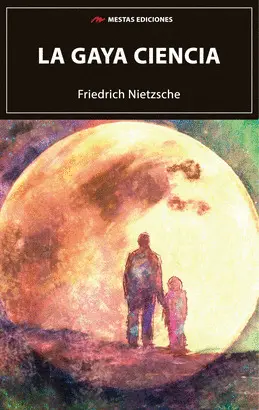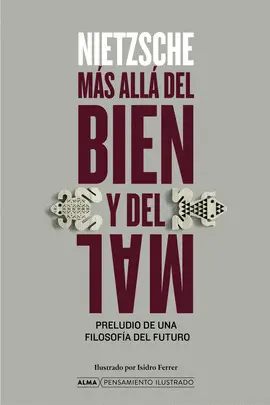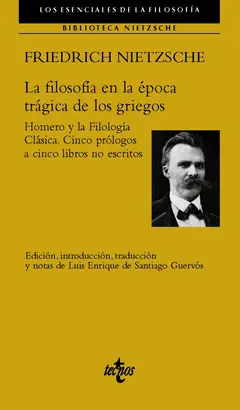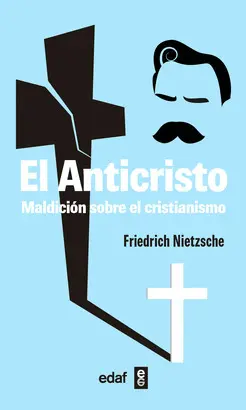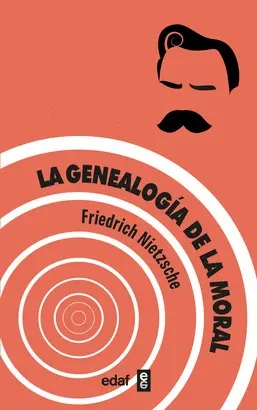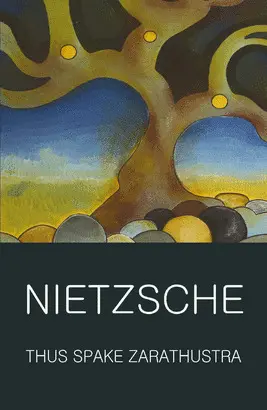Thus Spake Zarathustra
Nietzsche, Friedrich
This astonishing series of aphorisms, put into the mouth of the Persian sage Zarathustra, or Zoroaster, contains the kernel of Nietzsche's thought. God is dead', he tells us. Christianity is decadent, leading mankind into a slave morality concerned not with this life, but with the next. Nietzsche emphasises the Übermensch, or Superman, whose will to power makes him the creator...
Sinopsis
This astonishing series of aphorisms, put into the mouth of the Persian sage Zarathustra, or Zoroaster, contains the kernel of Nietzsche's thought. God is dead', he tells us. Christianity is decadent, leading mankind into a slave morality concerned not with this life, but with the next. Nietzsche emphasises the Übermensch, or Superman, whose will to power makes him the creator of a new heroic mentality. The intensely felt ideas are expressed in prose-poetry of indefinable beauty.
Though misused by the German National Socialist party as a spurious justification of their creed, the book also had a profound influence on early twentieth-century writers such as Shaw, Mann, Gide, Lawrence and Sartre.
Comentarios
Sé el primero en comentar este libroArtículos relacionados


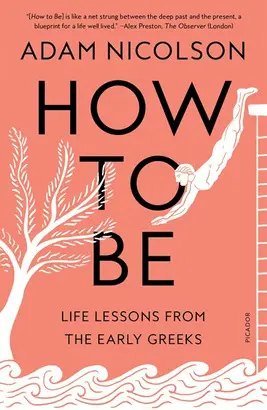
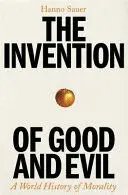

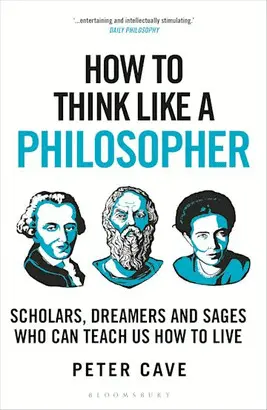
Otros libros del autor
